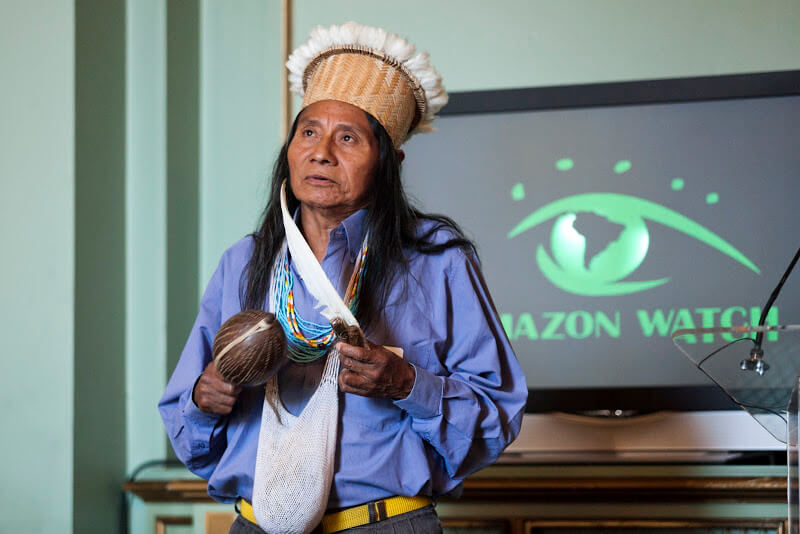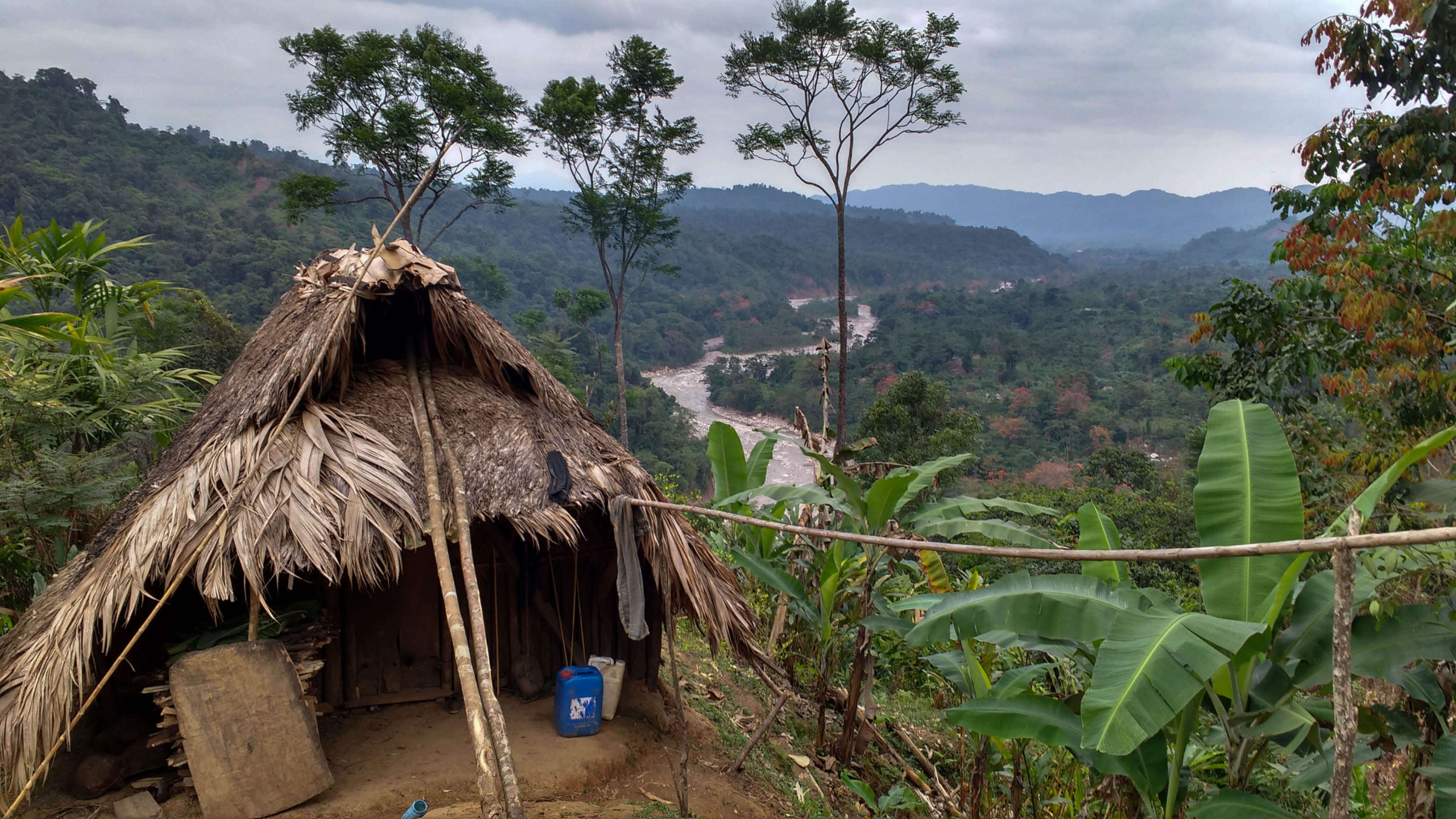This is the final installment of “The Guardians of Mother Earth,” an exclusive four-part series examining the Indigenous U’wa struggle for peace in Colombia. The vast wetland savanna called Los Llanos stretches thousands of miles into Venezuela but it begins on the U’wa’s traditional territory at the base of the foothills below the cloud forests […]
-
War, Petroleum, and Profit
// jaco // IC Magazine Tags: Amazon Watch, Mining, Petroleum, U'wa No Responses
-
The Guardians of Mother Earth
// jaco // IC Magazine Tags: Colombia, FARC, U'wa, U'waa No Responses
Published on IC Magazine: This is the first installment of “The Guardians of Mother Earth,” an exclusive four-part series examining the Indigenous U’wa struggle for peace in Colombia. On September 23, 2015, in the Palace of Conventions in Havana, Cuba, his excellency Juan Manuel Santos, the President of the Republic of Colombia, and Commander Timoleon […]

